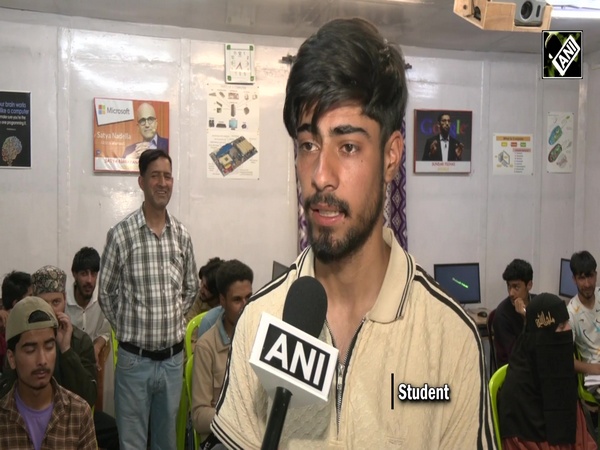Darul Uloom Deoband scholars reject Waqf bill, cite threats to Muslim religious heritage
Dec 11, 2024

New Delhi [India], December 11 : The delegation from Darul Uloom Deoband has strongly opposed the proposed Waqf (Amendment) Bill, 2024. According to sources, Maulana Arshad Madani, who spoke for nearly two hours during a meeting with the Joint Parliamentary Committee (JPC) on Wednesday, expressed serious concerns about the bill's implications. He warned, "If these amendments are implemented, the safety of Muslim places of worship will be at risk."
According to sources, the delegation of Darul Uloom Deoband also presented a 22-point suggestion to the committee outlining the reasons for their rejection of the bill.
The scholars of the 150-year-old Darul Uloom Deoband presented their views before the JPC, which was formed to deliberate on the Waqf (Amendment) Bill, 2024. The meeting marked the JPC's first session following the extension of its term.
Earlier, committee chairman Jagdambika Pal highlighted the significance of Darul Uloom Deoband, stating, "It has produced Islamic scholars not only in India but also around the world. Today, Maulana Arshad Madani and Vice Chancellor Maulana Mufti Abul Qasim Nomani attended the meeting. We have taken their opinion on the proposed bill."
Pal added that the scholars had submitted their suggestions in writing and explained the concept of Waqf to the committee members.
During the meeting, Maulana Arshad Madani raised grave concerns about the proposed amendments, particularly their impact on historical and religious landmarks. "India is home to many ancient mosques and places of worship, and after several centuries, it is now nearly impossible to ascertain their original donors or Waqifs (those who endowed them). The proposed amendments have significant flaws, raising doubts about the intentions behind them," he said.
The discussions centred on the potential risks the amendments pose to religious and cultural heritage, with the delegation urging the committee to reconsider the bill in light of these concerns.

















